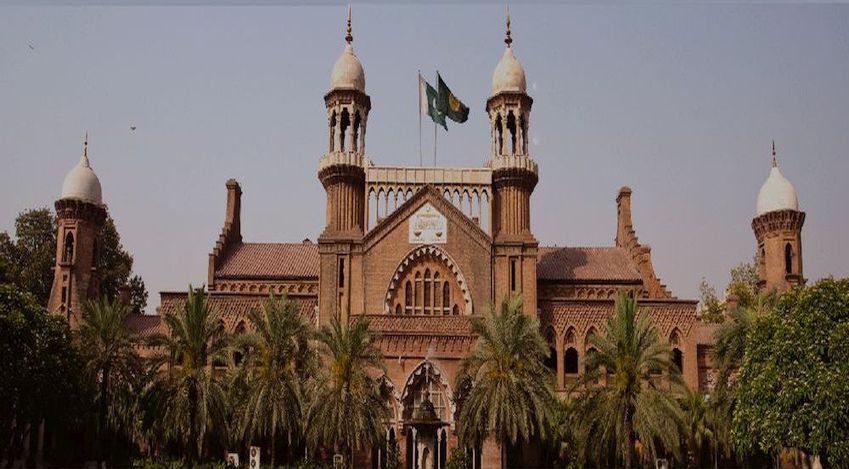Lahore High Court Takes Bold Steps to Combat Multan’s Environmental Crisis and emphasized the importance of tree plantation, for ensuring long-term ecological sustainability
Islamabad 08-01-2025: In a landmark judgment, the Lahore High Court, Multan Bench, has directed state functionaries and relevant authorities to undertake urgent and sustained environmental measures to address Multan’s worsening air pollution. The case, Muhammad Tahir Jamal Advocate Vs. Government of Punjab, highlighted the city’s dire air quality, with the Air Quality Index (AQI) reaching a hazardous level of 700 in 2024, prompting an environmental health emergency declaration by the Government of Punjab.
The Court emphasized the importance of tree plantation, citing its role in mitigating air pollution and ensuring long-term ecological sustainability. Notable achievements include planting over 81,000 trees across Multan Division in the past year, with innovative initiatives like the establishment of Miyawaki forests.
Authorities were directed to enforce strict measures, including the suspension of brick kiln operations and restrictions on construction activities, to combat smog.
State departments, including the Parks and Horticulture Authority (PHA) and the National Highway Authority (NHA), were tasked with creating a coordinated framework to ensure Multan’s transformation into a “Green City” and the Lahore-Abdul Hakeem Motorway (M-3) into a “Green Corridor.”
The Court mandated monthly progress reports on air quality improvement and tree plantation initiatives, underscoring accountability and transparency.
The judgment underscores the constitutional right to a clean and sustainable environment, enshrined in Article 9A of Pakistan’s Constitution through the Twenty-Sixth Amendment. The Court, invoking the doctrine of continuous mandamus, reaffirmed its commitment to protecting intergenerational rights and promoting Climate Justice.
The judgment calls for active participation from public and private stakeholders to intensify plantation efforts, monitor environmental indicators, and implement sustainable practices. The Court also urged for legislative advancements and cohesive efforts to address the escalating environmental challenges in Multan.
This judicial intervention highlights the judiciary’s pivotal role in tackling climate change and ensuring environmental preservation, setting a precedent for proactive legal measures to safeguard ecological and public health.
Powered by Froala Editor





